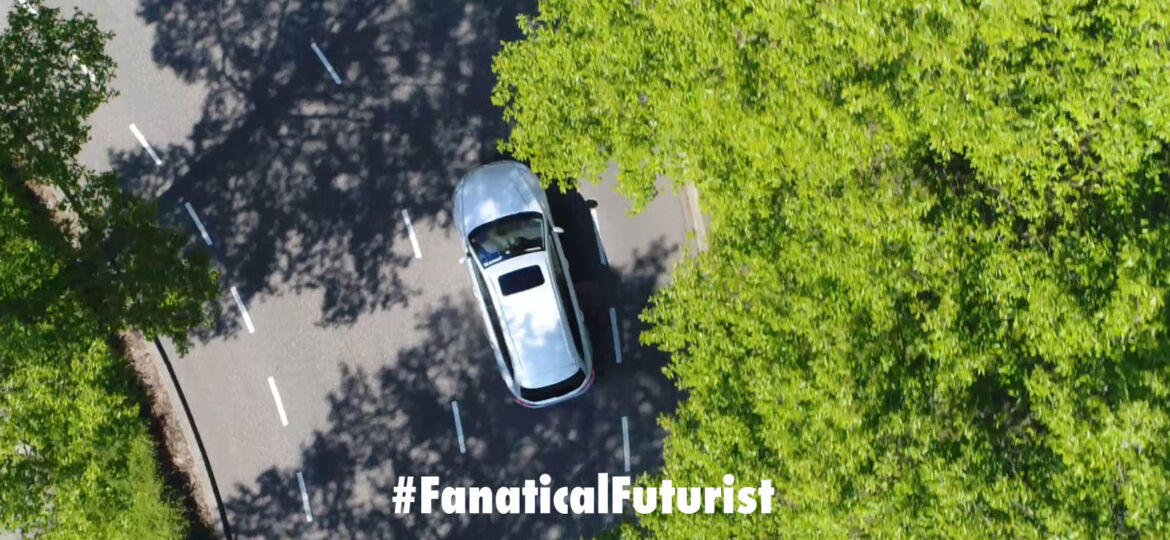
WHY THIS MATTERS IN BRIEF
Transportation accounts for a significant percentage of greenhouse gas emissions, and the UK government is setting some of the most ambitious targets in the world to de-carbonise their economy.
 Interested in the Exponential Future? Connect, download a free E-Book, watch a keynote, or browse my blog.
Interested in the Exponential Future? Connect, download a free E-Book, watch a keynote, or browse my blog.
As we continue to see the electrification of vehicles, and even the emergence of electric cars that just rely on solar for their energy and even batteryless hypercars, as well as the emergence of more and more hybrid and fully electric vehicles, more countries around the world, from France and Germany to China and India, have announced plans to ban the sales of petrol and diesel cars from anywhere between 2030 and 2040. A few weeks ago though the UK government, who’d previously committed a date of 2040 announced that they intend to ban the sale of combustion engine cars in 2035, but now they’ve announced that that ban could be bought forwards to 2032, three years earlier than previously suggested, the transport secretary has said.
A consultation launched last week suggested all cars with internal combustion engines could be banned from 2035 but Grant Shapps told BBC radio on Wednesday the ban could come within 12 years not 15.
Shapp’s comments will likely add to the concerns of the car industry, which has criticised the government several times now for “moving the goalposts,” with Mike Hawes, the chief executive of the Society of Motor Manufacturers and Traders (SMMT), said it was a “date without a plan”.
Previous proposals also excluded some hybrid cars, which combine internal combustion engines with battery electric power.
Hybrids are seen by carmakers as a key way of reducing the carbon footprint of their vehicles, and multiple companies such as Toyota and Mercedes, have bet heavily on hybrids to avoid steep EU fines.
Shapps and Andrea Leadsom, the business secretary, will meet the SMMT on Thursday, with the lobby group hoping to persuade the government that the industry will need more help to achieve the targets.
Among the main concerns for carmakers are incentives such as grants for electric cars as well as building national infrastructure capable of charging millions of vehicles.
During the third quarter of 2019, the UK Department for Transport recorded 22,596 registrations of ultra-low emission vehicles, which includes electric cars – 39% more than the same period in the previous year. However, that still represented only 3.1% of new car registrations during the period.
European manufacturers are launching a wave of electric-only models to try to reduce the emissions of the cars they sell and meet the EU targets. Volkswagen, the world’s largest carmaker by volume, plans to sell 1m electric cars by the end of 2023 as the race for fully electrified transport gets underway.
















